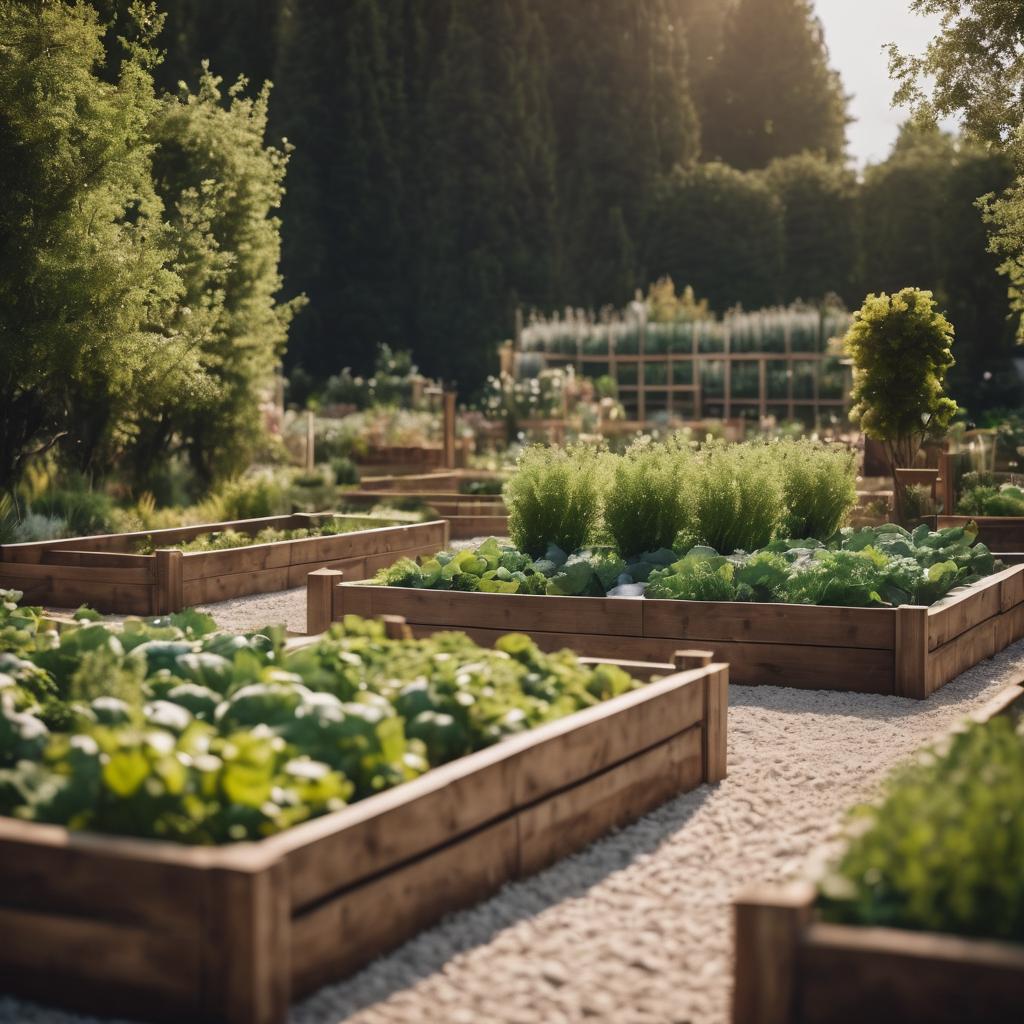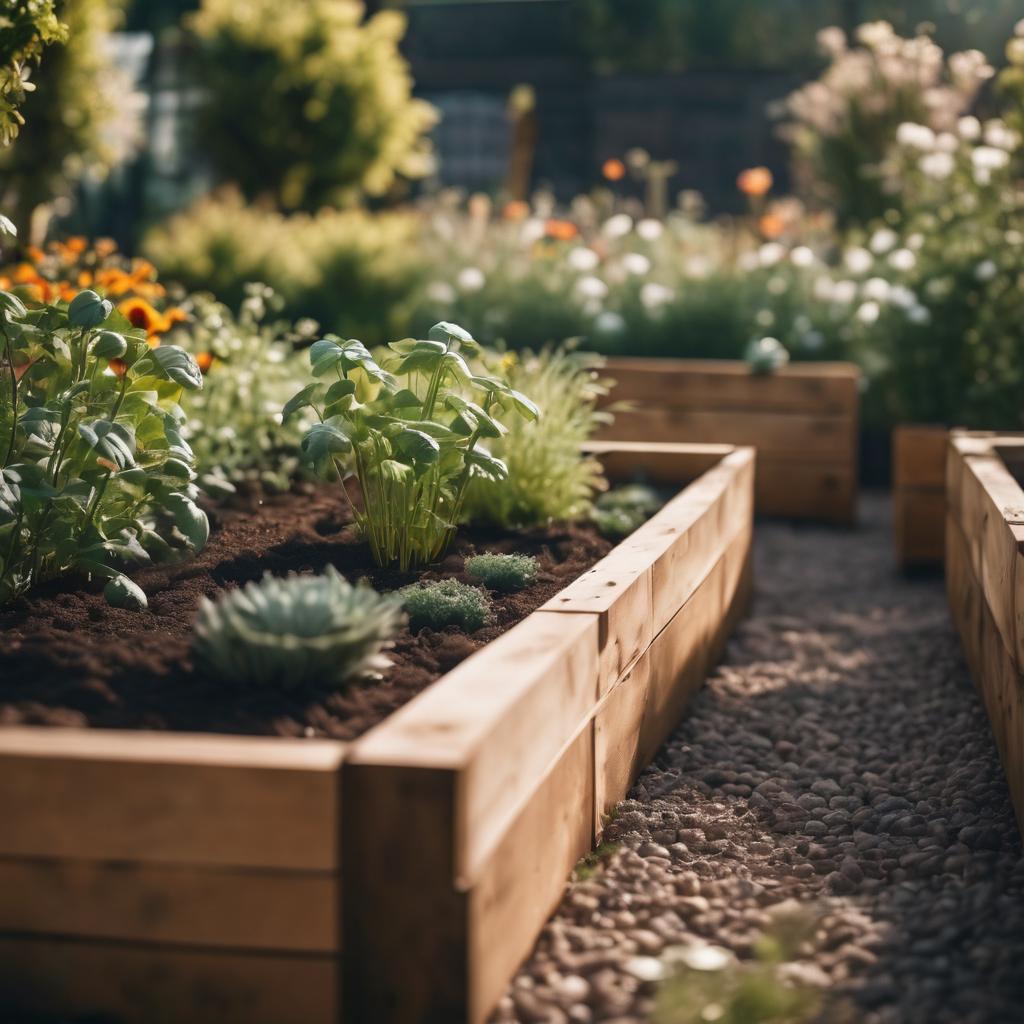Educational Garden

The main goal of a educational garden is to provide an experiential learning environment that encourages exploration, observation, and experimentation. By engaging with the natural world, individuals can gain a deeper understanding of concepts such as ecology, biology, and environmental sustainability.
The Project

What is Educational Garden
Educational garden is an outdoor space designed to teach and engage individuals, especially children, in various educational activities related to plants, gardening, and the environment.
The main purpose of educational garden is to provide an interactive and hands-on learning experience that helps learners to understand the relationship between plants, people, and the environment.
Through educational gardens, individuals can learn about plant growth, soil health, water conservation, and biodiversity, among other things.
Garden Values
Educational garden will take different forms, depending on the specific goal of the project. It will be designed to teach sustainable agriculture, nutrition, and healthy eating habits.
Alternatively, it will be used to teach environmental education, biology, and ecology. In addition to being a valuable educational resource, educational gardens also offer numerous other benefits.
It provide a source of fresh produce, enhance the aesthetics of a community, and promote physical activity and outdoor learning. It will also serve as a valuable tool for promoting community engagement and social interaction.

Benefits of Educational Gardens
Educational gardens provide a hands-on opportunity for people to learn about the natural world, including plant and animal life cycles, soil health, water conservation, and other aspects of sustainability. This knowledge helps to build a greater understanding and appreciation for the environment.
Projected Expenses : 1200 €
Costs cover the production of signs and educational plates.
Funds
We are financing all costs from our funds.

